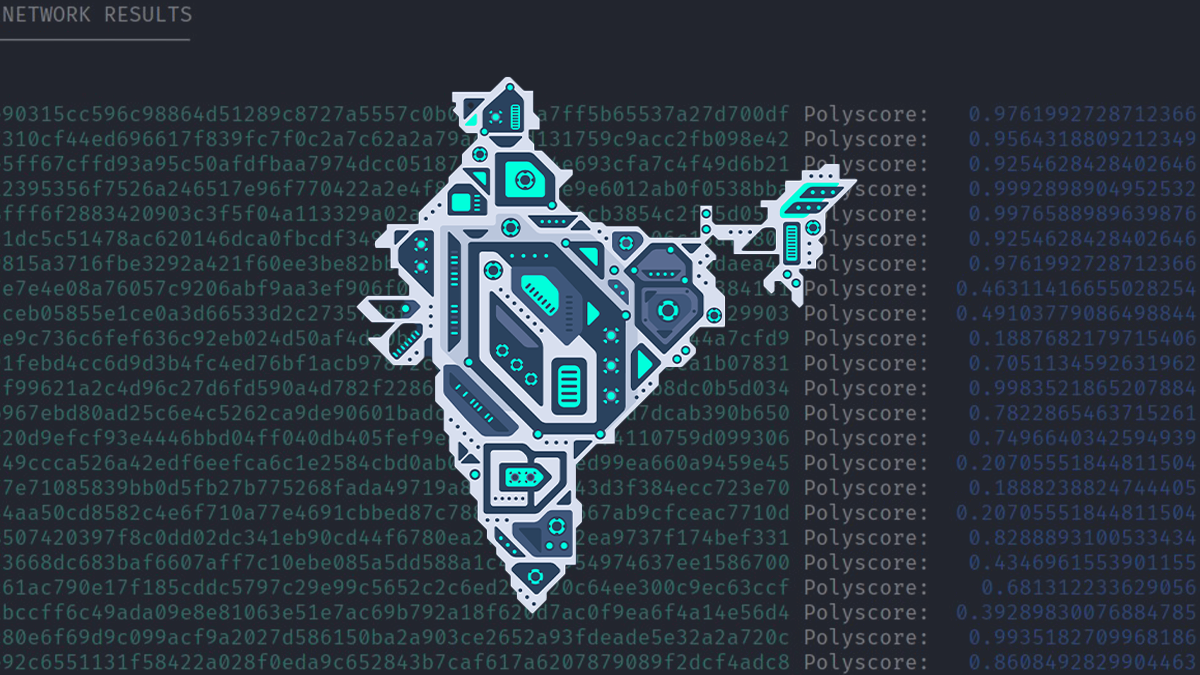Facebook : Taking Action Against Hackers in Pakistan and Syria
- We took action against four distinct groups of hackers from Pakistan and Syria.
- The malicious activity from Pakistan targeted people in Afghanistan.
- Three separate hacking groups from Syria targeted a wide range of people in Syria, including civil society, journalists, humanitarian organizations and the anti-regime military forces. Each of these three hacking groups had links to the Syrian government, including Syria’s Air Force Intelligence.
Today, we are sharing actions we’ve taken against four distinct groups of hackers in Pakistan and Syria over the past several months. To disrupt these malicious groups, we disabled their accounts, blocked their domains from being posted on our platform, shared information with our industry peers, security researchers and law enforcement, and alerted the people who we believe were targeted by these hackers.
The group from Pakistan – known in the security industry as SideCopy – targeted people who were connected to the previous Afghan government, military, and law enforcement in Kabul. In Syria, we removed three distinct hacker groups with links to the Syrian government. The first network in Syria – known as the Syrian Electronic Army – targeted human rights activists, journalists and other groups opposing the ruling regime. We linked this activity to Syria’s Air Force Intelligence. The second network from Syria – known in the security community as APT-C-37 – targeted people linked to the Free Syrian Army and former military personnel who had since joined the opposition forces. Our investigation linked this activity by APT-C-37 to what we believe is a separate unit in Syria’s Air Force Intelligence. Finally, the third network from Syria targeted minority groups, activists, opposition, Kurdish journalists, activists, members of the People’s Protection Units (YPG), and Syria Civil Defense or White Helmets, a volunteer-based humanitarian organization. Our investigation found links between this activity and individuals associated with the Syrian government.
Meta’s threat intelligence analysts and security experts work to find and stop a wide…




